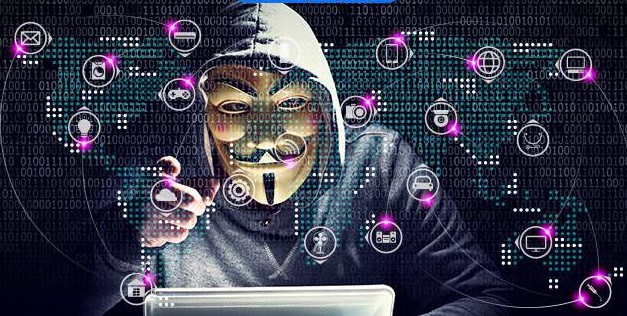Ethical Hacking Courses – Enhancing Your Ability to Detect and Prevent Cyber Threats
In today’s digital landscape, cyber threats have become more sophisticated and frequent, posing significant risks to individuals, businesses, and governments. With the increasing reliance on technology, securing sensitive data and systems is more crucial than ever. Ethical hacking courses play a vital role in equipping professionals with the skills and knowledge needed to identify, prevent, and mitigate cyber threats. These courses provide hands-on experience in understanding hacking techniques, securing networks, and implementing robust cybersecurity measures. Ethical hacking, also known as penetration testing or white-hat hacking, involves legally and systematically testing computer systems, networks, and applications for vulnerabilities. Unlike malicious hackers who exploit weaknesses for personal gain or destructive purposes, ethical hackers work to strengthen cybersecurity defenses. Ethical hacking courses teach individuals how to think like a hacker while adhering to ethical guidelines and legal boundaries. These courses cover various topics, including network security, encryption, penetration testing, malware analysis, and incident response.

One of the key benefits of enrolling in corso ethical hacker is the ability to detect cyber threats before they cause damage. Cybercriminals use advanced techniques such as phishing, ransomware, SQL injection, and social engineering to breach security systems. By understanding these attack methods, ethical hackers can anticipate potential security breaches and take proactive measures to prevent them. Learning ethical hacking helps professionals analyze vulnerabilities in IT infrastructure and implement effective security protocols to safeguard sensitive information. Furthermore, ethical hacking courses provide hands-on training using real-world scenarios and practical exercises. Many courses include labs where students can simulate cyber-attacks and defense strategies in controlled environments. This practical approach enhances problem-solving skills and prepares individuals to handle real-time security incidents. Certifications such as Certified Ethical Hacker CEH, Offensive Security Certified Professional OSCP, and GIAC Penetration Tester GPEN are widely recognized in the cybersecurity industry. These certifications validate an individual’s expertise and improve career prospects in ethical hacking, cybersecurity analysis, and network security administration.
The demand for ethical hackers has surged in recent years as organizations prioritize cybersecurity to protect against financial and reputational losses. Government agencies, financial institutions, healthcare providers, and e-commerce platforms actively seek skilled ethical hackers to secure their systems. Ethical hacking courses not only help IT professionals advance their careers but also empower organizations to build resilient security frameworks. Companies benefit from hiring certified ethical hackers who can conduct security audits, monitor threats, and respond effectively to cyber incidents. Another significant advantage of ethical hacking training is the development of a security-conscious mindset. Cybersecurity is not just about installing firewalls and antivirus software it requires continuous monitoring, threat analysis, and adaptive defense strategies. Ethical hacking courses instill a proactive approach to cybersecurity, encouraging professionals to stay updated on emerging threats, evolving attack techniques, and new security tools. This knowledge is essential in an era where cyber threats are constantly evolving. Investing in ethical hacking training is a proactive step toward building a secure digital environment and mitigating cyber risks effectively.
